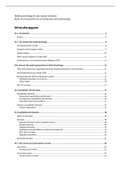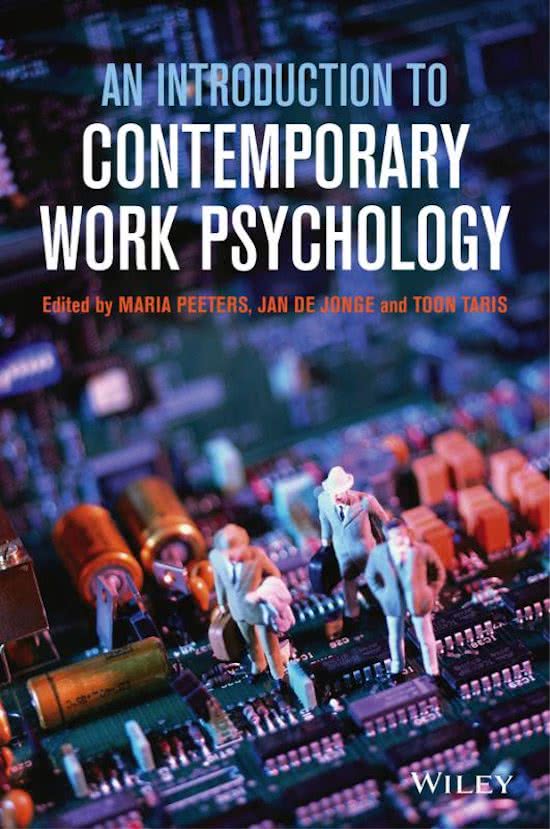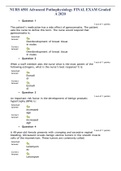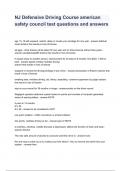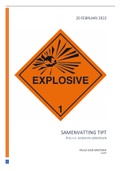Samenvatting
Samenvatting An Introduction to Contemporary Work Psychology, ISBN: 9781119945536 Work And Health Psychology
- Instelling
- Tilburg University (UVT)
Samenvatting van het vak Work & Health Psychology voor de Pre-Master Human Resource Studies (HRS) van het boek An Introduction to Contemporary Work Psychology
[Meer zien]
